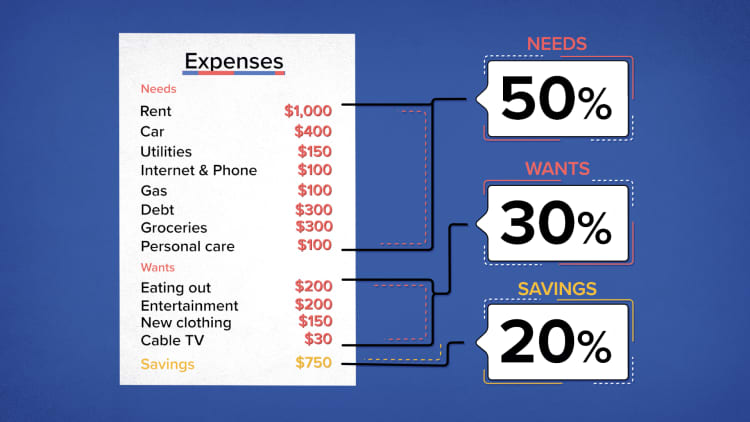Budgeting and saving money is essential for achieving financial stability and securing a better future. However, during periods of high-interest rates, managing your finances becomes even more crucial.
High-interest rates can affect various aspects of personal finance, including borrowing costs, investment returns, and overall spending habits. In such times, it becomes imperative to adopt effective budgeting strategies and implement smart savings practices to navigate the financial landscape successfully.
By understanding the impact of high-interest rates and implementing prudent financial management, individuals can optimise their savings, protect their wealth, and maintain financial resilience in the face of economic challenges.
Here are some tips specifically tailored to help you navigate through such times:
1. Pay Off High-Interest Debt: Prioritise paying off any high-interest debt you have, such as credit card debt or personal loans. The higher the interest rate, the more money you'll end up paying in the long run.
Consider allocating more of your budget towards debt repayment to save on interest charges.
2. Refinance Loans: If you have existing loans with high-interest rates, consider refinancing them to take advantage of lower rates. This applies particularly to long-term loans, such as mortgages.
Shop around for better rates and terms, as refinancing can potentially save you a significant amount of money.
3. Increase Emergency Savings: During times of high-interest rates, it's crucial to have a robust emergency fund. This fund will act as a buffer and protect you from relying on credit or loans in case of unexpected expenses or financial emergencies.
Strive to save at least three to six months' worth of living expenses in an easily accessible savings account.
4. Negotiate Interest Rates: Contact your creditors and try to negotiate lower interest rates on your existing loans or credit cards. Explain your situation and emphasise your willingness to make timely payments.
Lowering the interest rates can help ease the burden of high-cost debt.
5. Seek High-Yield Savings Accounts: Look for savings accounts that offer higher interest rates. Online banks and credit unions often provide better rates than traditional brick-and-mortar banks.
Compare different options and consider opening a high-yield savings account to maximise the return on your savings.
6. Be Cautious with Borrowing: In times of high-interest rates, borrowing should be approached cautiously. Evaluate the necessity and affordability of the purchase before taking on new debt.
Explore alternative options like saving up for large purchases rather than relying on loans or credit.
7. Review and Adjust Investments: If you have investments, review your portfolio to ensure it aligns with your risk tolerance and financial goals. In times of high-interest rates, certain investments, such as bonds or fixed-income securities, may become more attractive due to their fixed interest payments.
Consult a financial advisor for personalised advice on adjusting your investments.
8. Cut Discretionary Spending: Evaluate your discretionary spending habits and look for areas where you can cut back. This might involve reducing entertainment expenses, dining out less frequently, or postponing non-essential purchases.
Redirect the money saved towards paying off debt or increasing your savings.
9. Monitor Your Credit Score: A good credit score can help you access better interest rates in the future. Regularly check your credit report to ensure its accuracy and take steps to improve your score if necessary.
Paying bills on time, keeping credit utilisation low, and avoiding new credit inquiries can positively impact your creditworthiness.
10. Explore Interest-Bearing Investments: Consider investing in interest-bearing assets during high-interest rate periods. This could include certificates of deposit (CDs), treasury bonds, or money market accounts. These investments tend to offer higher returns than traditional savings accounts.
11. Stay Informed: Keep up-to-date with changes in interest rates, economic indicators, and financial news. This knowledge will help you make informed decisions about your finances and adapt your strategies accordingly.
Managing your finances during high-interest rate periods requires careful planning and a proactive approach.
Prioritise reducing debt, increasing savings, and seeking opportunities that allow you to minimise interest payments and maximise returns.
